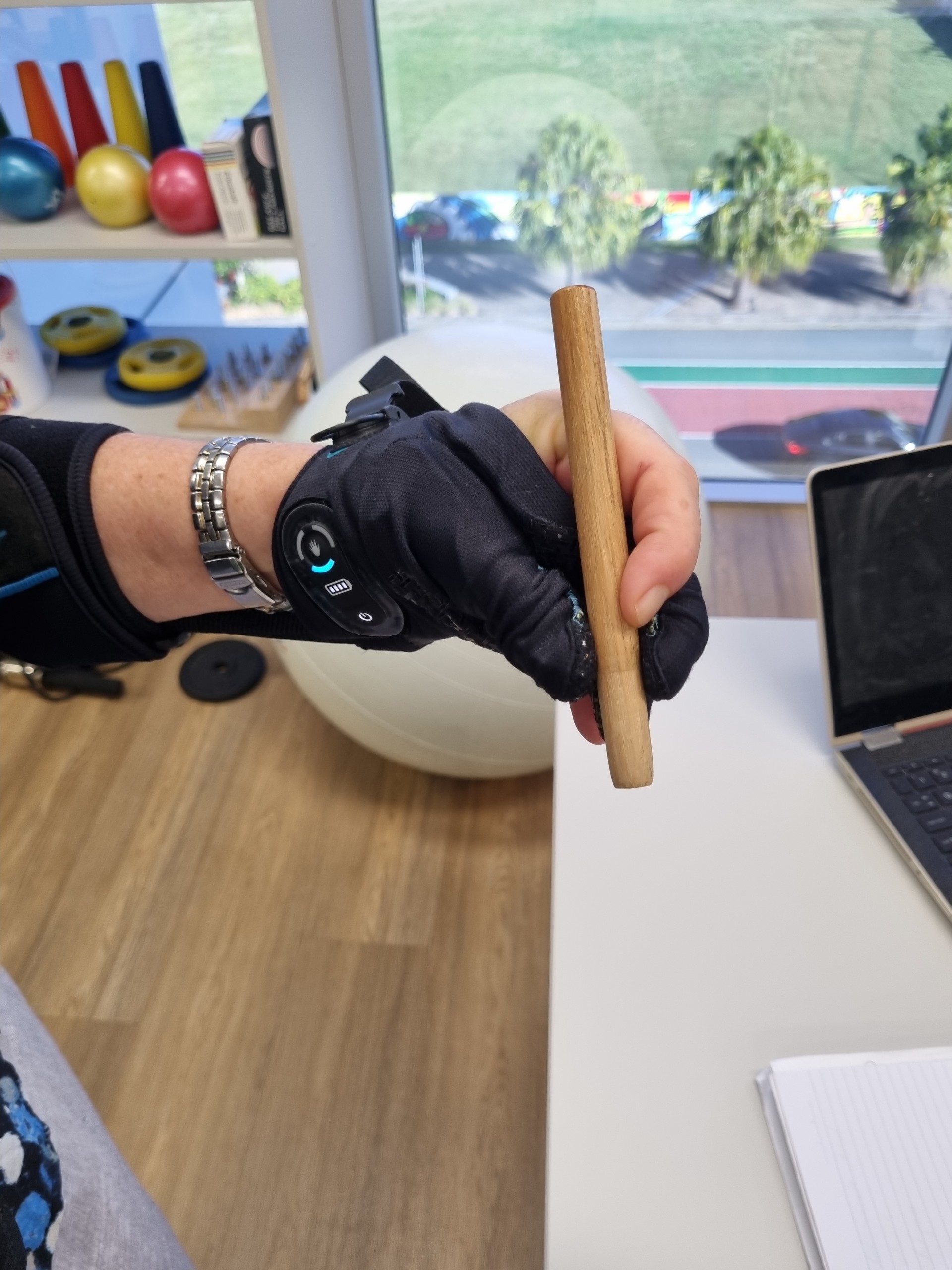Have you ever been playing with the kids and get hit on the tip of the finger? You could have a mallet finger or thumb.
Mallet finger is an injury to the tendon that straightens the end joint of a finger or thumb. Although it is also known as “baseball finger,” this injury can happen to anyone when an object (like a ball) strikes the tip of a finger or thumb and forces it to bend further than it is intended to go. As a result, you are not able to straighten the tip of your finger or thumb on your own.
In a mallet injury, when an object hits the tip of the finger or thumb, the force of the blow tears the extensor tendon. Occasionally, a minor force such as tucking in a bed sheet will cause a mallet finger.
The injury may rupture the tendon or pull the tendon away from the place where it attaches to the end finger bone (distal phalanx). In some cases, a small piece of bone is pulled away along with the tendon. This is called an avulsion injury.
The finger is usually painful, swollen, and bruised. The fingertip will droop noticeably and will straighten only if you push it up with your other hand.
Your doctor will most likely order x-rays of the injury. If a fragment of the distal phalanx was pulled away when the tendon ruptured, or if there is a larger fracture of the bone, it will appear in an x-ray. An x-ray will also show whether the injury pulled the bones of the joint out of alignment. Knowing whether it is a bony or tendinous mallet determines the minimum time spent in the splint in the healing process.
Mallet finger injuries that are not treated typically result in stiffness and deformity of the injured fingertip. The majority of mallet finger injuries can be treated without surgery.
In children, mallet finger injuries may involve the cartilage that controls bone growth. It is imperative that careful evaluation and treatment is provided to this injury in children, so that the finger does not become stunted or deformed.
If this has recently occurred to you or someone you know please contact us for prompt treatment.



